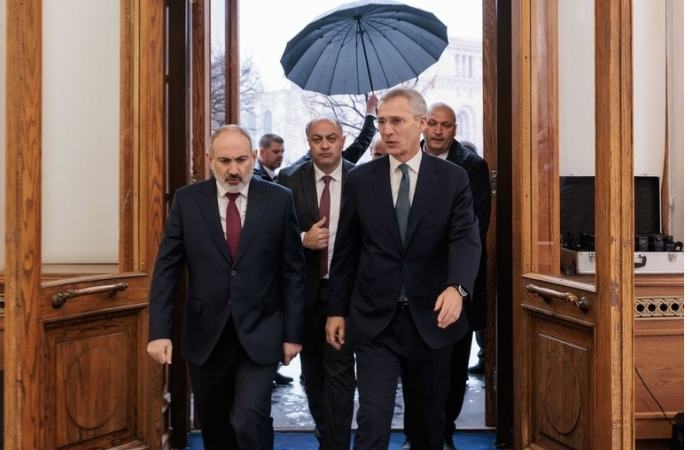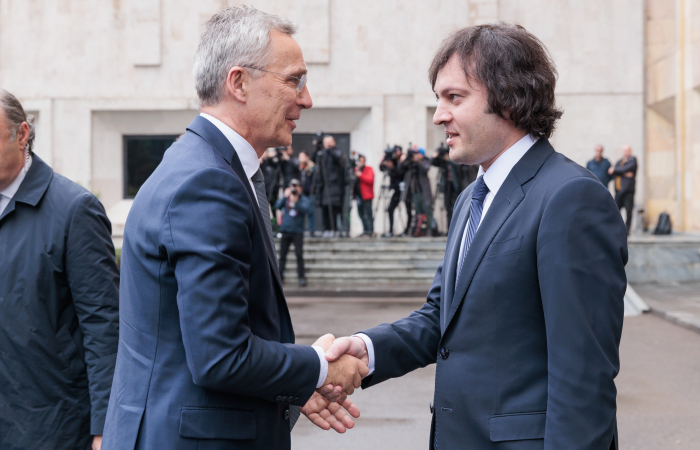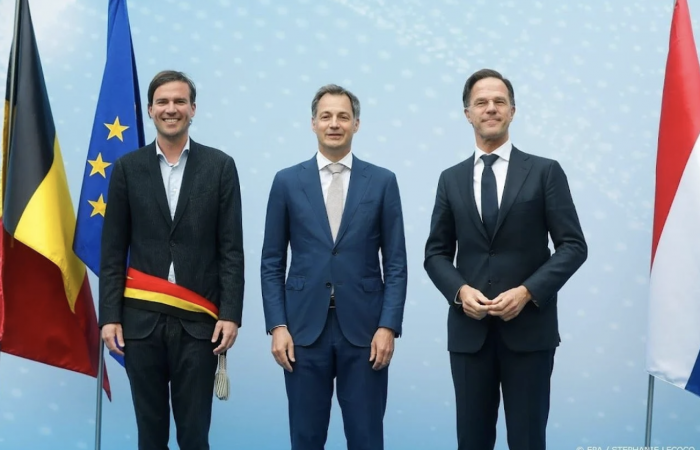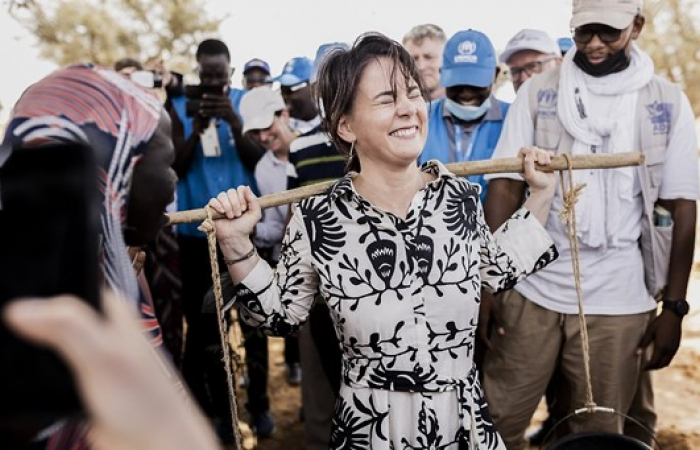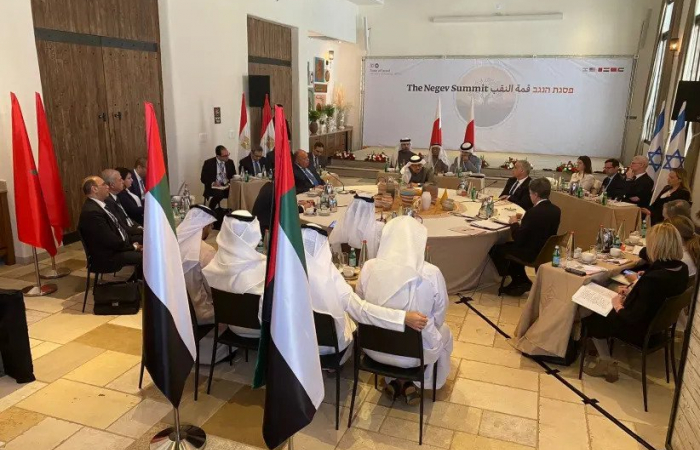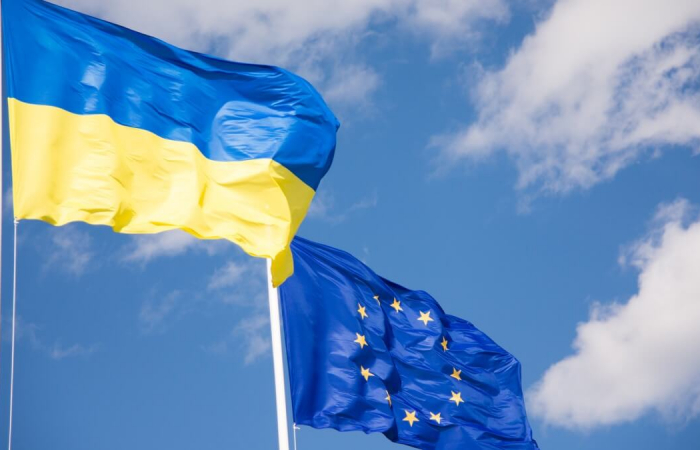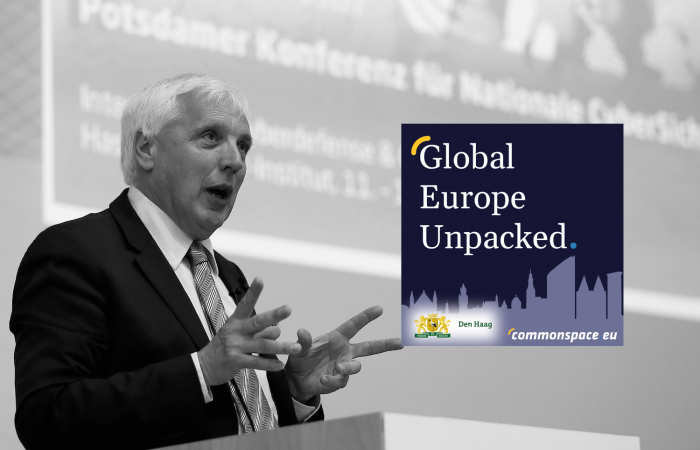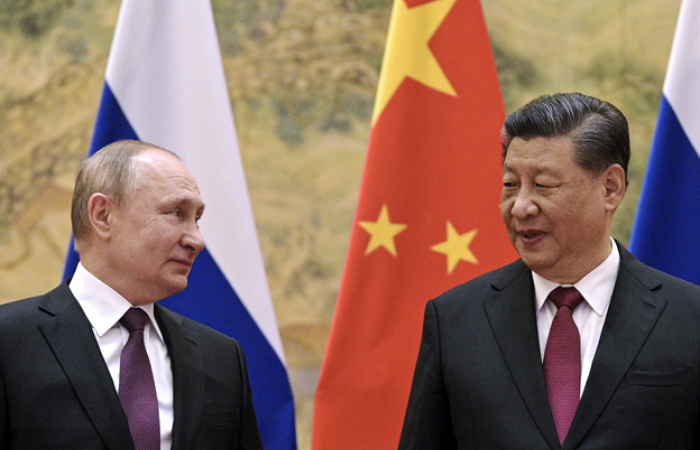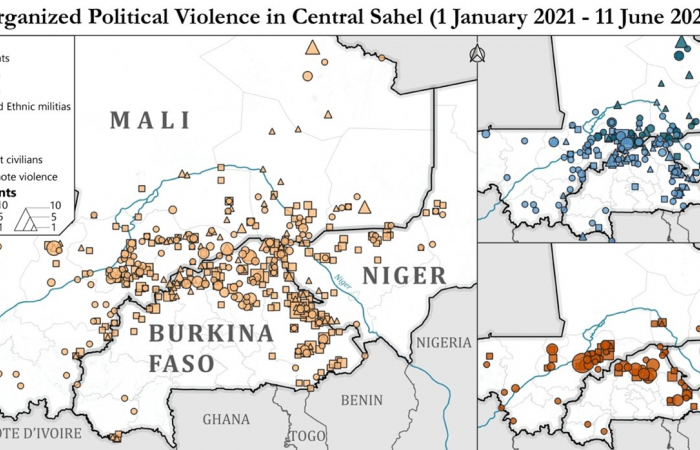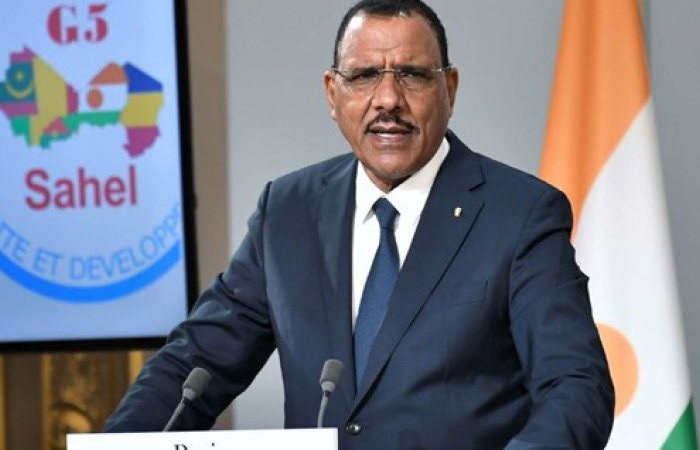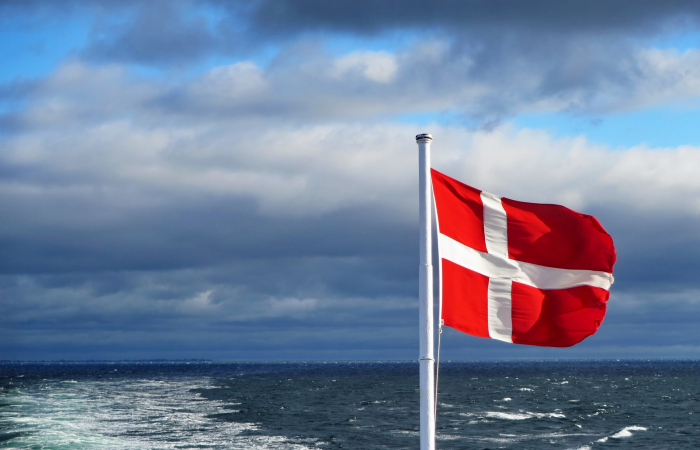Trending
In Yerevan, Stoltenberg says that stability in the South Caucasus matters for NATO
19 March 2024
The Secretary General urged Armenia and Azerbaijan to reach an agreement to pave the way for the normalisation of relations and a durable peace. “This matters for Euro-Atlantic security as we face a more dangerous world,” he emphasised, reiterating that “NATO supports Armenian sovereignty and territorial integrity, and your peaceful aspirations.” Mr Stoltenberg praised Armenia for its long-standing partnership and contributions to NATO operations, including increased troop numbers in KFOR’s peacekeeping mission. “For nearly 20 years, Armenia has been a key partner in NATO’s KFOR peacekeeping mission, helping to ensure a safe and secure environment for all communities in Kosovo,” he said.
During his visit, the Secretary General discussed the progress in Armenia’s domestic reforms. He highlighted Armenia’s commitment to ensuring democratic control of its armed forces, including by participating in NATO’s building integrity programme. “You have also shown a real commitment to tackling corruption, strengthening your democratic institutions, and upholding the rule of law,” he stated. The Secretary General warned that “Russia’s war in Ukraine is a sobering reminder that we cannot take peace for granted… If Putin succeeds in Ukraine, there is a real risk that his aggression will not stop there and other authoritarian actors will be emboldened,” he said. Mr Stoltenberg called on all NATO partners to “do what they can to ensure Putin does not win his war of aggression.” “The situation on the battlefield remains difficult, but this is a reason to step up, not to scale back our support,” he said. NATO Secretary General Jens Stoltenberg visited the three South Caucasus countries from 17-19 March for meetings with the leadership of the three countries and as an expression of support for their independence, sovereignty and territorial integrity.



